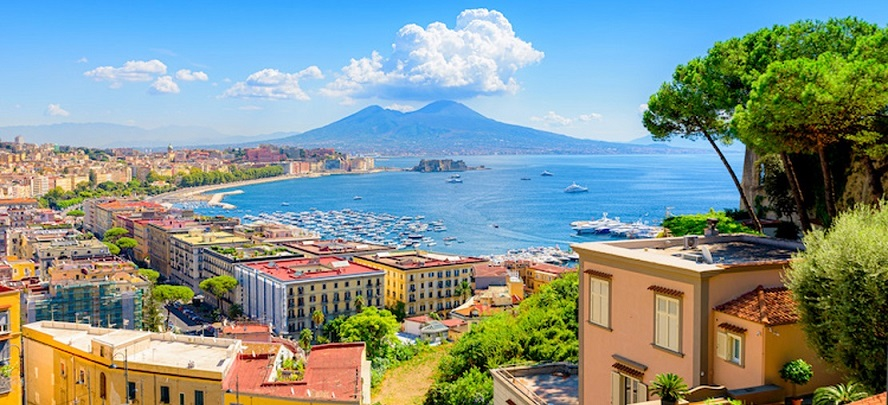Speaker
Description
In recent years, various frameworks have been proposed for the study of quantum processes with indefinite causal order. Beyond the standard quantum formalism, these processes do not only feature computational and communication advantages, but are also of foundational and philosophical interest regarding e.g. notions of physical events, quantum reference frames and potential theories of quantum gravity, which may feature a dynamical and indefinite causal structure. In this contribution, we connect two of these frameworks: Quantum Circuits with Quantum Control of Causal Order (QC-QCs) form a broad class of physical supermaps obtained from a bottom-up construction and are believed to represent all quantum processes physically realisable in a fixed spacetime; while Routed Quantum Circuits introduce quantum operations constrained by "routes" to represent processes in terms of a finer-grained routed circuit decomposition. This decomposition, being represented by a so-called routed graph, represents the information flow within the respective process. However, routed circuits have only been established for a small set of processes so far, including both QC-QCs and more exotic processes as examples. We remedy this fact by proving that for any number of parties in the process, starting from a single routed graph, one can systematically obtain any QC-QC with this number of parties by using an appropriate fleshing out. We detail this construction explicitly and consider how the topology of the routed graph impacts which processes it may represent. We conclude by pointing out how this connection can be useful to tackle various open problems in the field of indefinite causal order. These include establishing circuits representations of subclasses of QC-QCs, studies of the causal structure of QC-QCs and questions regarding the compositionality of processes.

